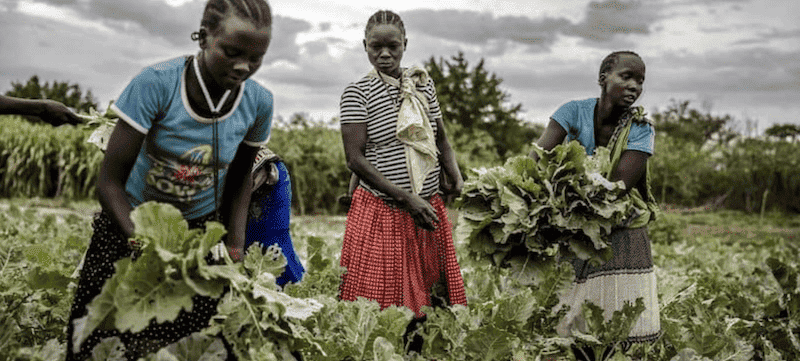Caribbean Food Security, Island Agriculture
Dr. Irfaan Ali, President of Guyana and CARICOM's Lead Head for Agriculture, Agricultural Diversification, and Food Security, has unveiled a significant initiative to bolster the region's food independence. The unveiling of a US $100M special concessional financing package marks a strategic step towards reducing CARICOM's food import bill by 25% by 2025, a goal set by CARICOM Heads of Government. This move comes in response to the challenges faced in the post-pandemic era, such as heightened food inflation, soaring costs of imported fertilizers, and disrupted supply chains. These challenges are compounded by the region's inherent limitations, including scarce water resources and limited arable land.
The initiative underscores a collective recognition among CARICOM member states of the urgent need to develop island agriculture rapidly. It's not just a response to the immediate challenges but a forward-thinking strategy to enhance food self-sufficiency in the Caribbean. This approach is crucial for a region that has traditionally relied heavily on food imports, making it vulnerable to global market fluctuations and supply chain disruptions.
A Transformative Approach To Caribbean Agriculture
The collaboration with Growing to Give introduces a transformative approach to Caribbean agriculture. By partnering with regional governments, Growing to Give intends to implement water-smart, small-footprint agricultural systems across the islands. These innovative systems are designed to maximize the efficient use of limited space and water resources, crucial in the Caribbean context of small holder farmers.
This initiative is a part of a broader vision to ensure long-term food security and sustainability in the Caribbean. By reducing dependence on food imports, the region aims to build a more resilient agricultural sector that can withstand external shocks and contribute to economic stability. The focus on small-footprint, water-efficient systems also reflects a commitment to environmental stewardship and sustainable development, aligning with global efforts to combat climate change and preserve natural resources.
Reducing Dependence On Imports
Growing to Give addresses the challenges of broken supply chains and reliance on imported food through innovative ""Crop Circle" and "Tomato Volcano agricultural technologies. These water-smart, climate-adaptable systems are designed to enhance local food production, reducing dependence on imports. By implementing these technologies, Growing to Give food security projects provide more consistent and sustainable food sources, tackling the issues of food security and environmental sustainability in a changing global climate. These innovations represent a significant stride towards self-reliance in food production, particularly in areas affected by disrupted supply chains and high import costs.



.png)
.png)
.png)

.png)